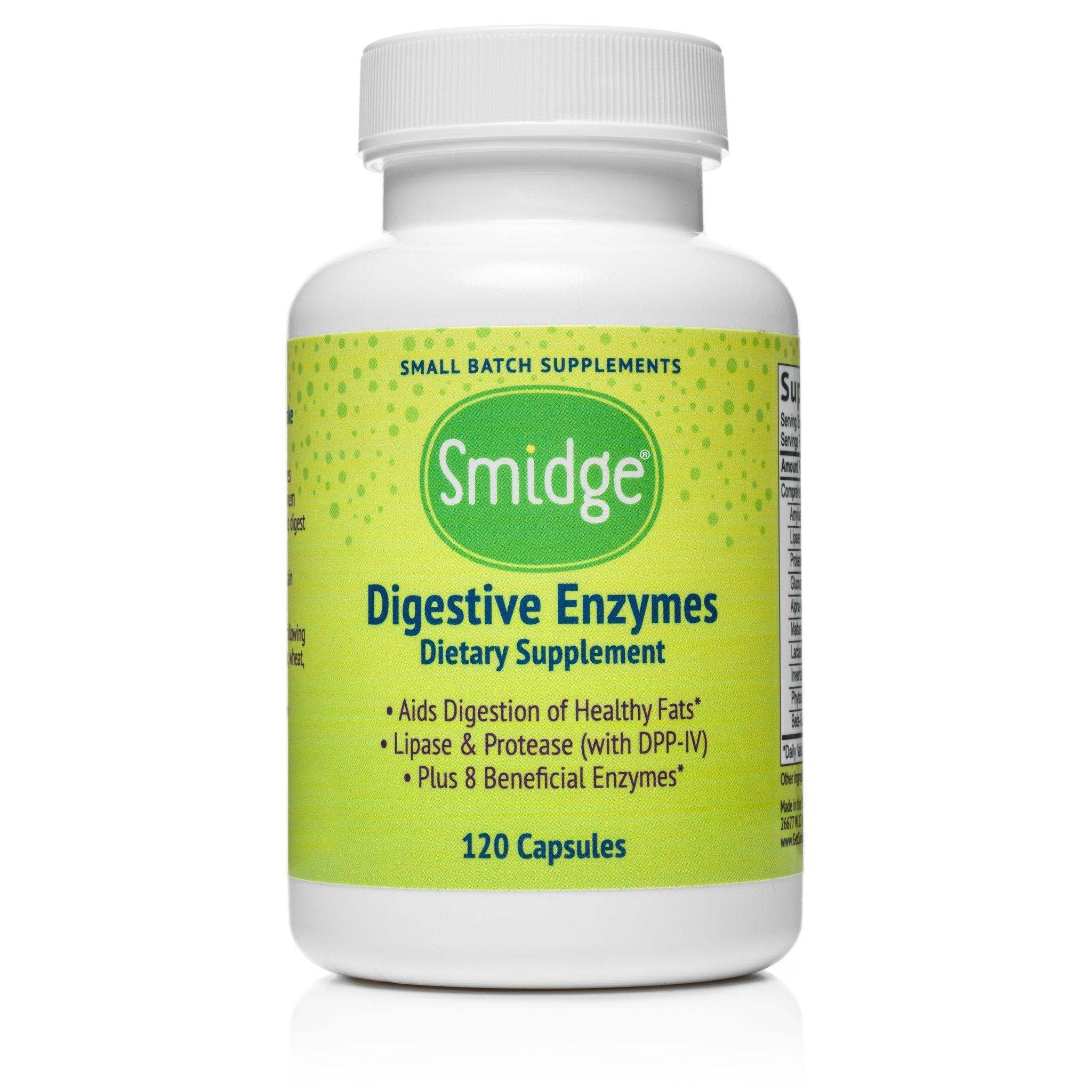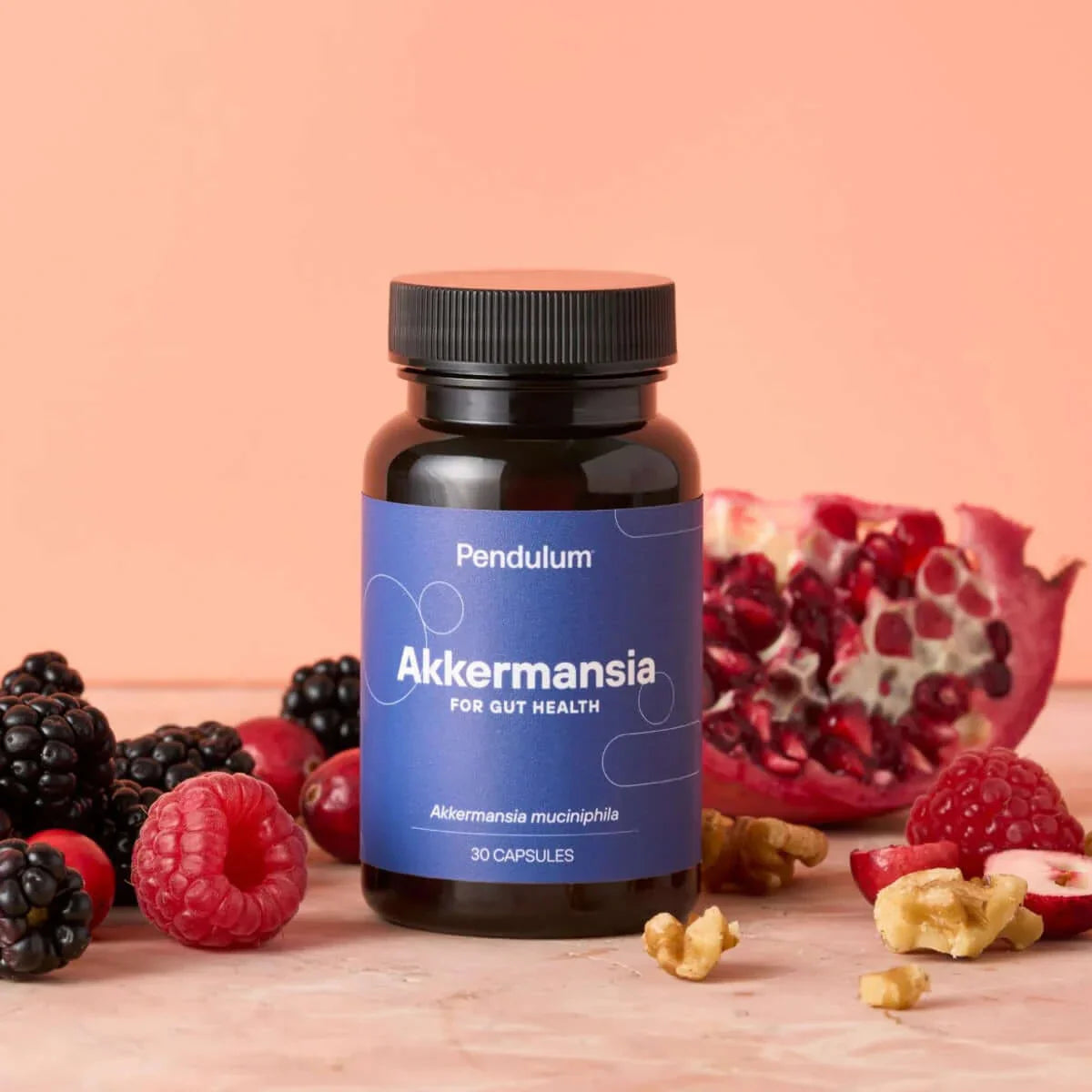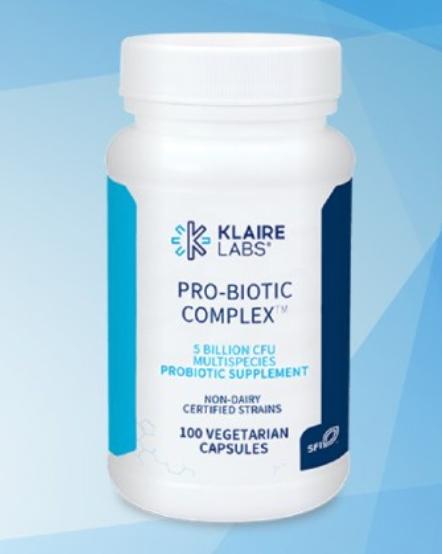
 Instagram
Instagram
Why can't I drink alcohol anymore without feeling sick?
.png?v=1673283983745)

Related products
It is not uncommon for people to find that they can no longer drink alcohol without feeling sick. This can be a very disheartening realization, but understanding why this may happen is key to managing the issue and finding potential solutions.
Let’s take a look at why you may no longer be able to drink alcohol without feeling sick.
Alcohol Intolerance
The first thing to consider is that you may have an intolerance or allergy to alcohol.
While there are more extreme forms of alcohol intolerance, such as those caused by certain genetic conditions, more commonly, it can be caused by your body not being able to process and break down the toxins in alcoholic beverages properly.
If this is the case, drinking even small amounts of alcohol could trigger uncomfortable symptoms like nausea or headaches.
Digestive Problems
Another possible reason for feeling sick after drinking alcohol could be digestive issues.
For example, if you have an ulcer or irritable bowel syndrome (IBS), your body might not be able to properly process the alcohol and other toxins in your drink of choice due to inflammation in your gut lining.
This could cause uncomfortable stomach pains and make it difficult for you to digest the alcohol properly, leading to nausea or vomiting.
Dehydration
It is also possible that dehydration could be causing your symptoms after drinking alcohol. Alcohol has a diuretic effect on the body, meaning that it increases how much urine you pass and causes dehydration as a result.
This can lead to headaches, dizziness, thirstiness, and nausea - all of which are common signs of dehydration - when combined with drinking large amounts of alcoholic beverages.
Genetics
Your genetics may play a role in how quickly you metabolize alcohol and whether certain drinks make you feel sick afterwards more than others.
Some people may find that they feel worse after having beer than hard liquor, while others may experience no difference between them at all; this could be due to how different types of drinks affect different individuals differently depending on their genetic makeup.
While there isn't much, anyone can do about their genetic makeup, understanding what type of drinks cause more negative reactions in yourself may help reduce future instances of feeling sick after drinking them again in the future if necessary!
Allergies & Sensitivities
Some people may find that they are allergic or sensitive to certain ingredients found in alcoholic beverages, such as sulphites or grains used during distillation processes.
This can increase sensitivity towards these substances, resulting in unpleasant symptoms when consuming them.
If this sounds familiar, try switching up what kind of drinks you consume by opting for gluten-free beer, sulphite-free wines, etc., or sticking with clear liquors instead.
Food Intake
Eating food before or while drinking is one of the best ways to prevent feeling sick after consuming too much alcohol because food helps slow the absorption of ethanol into your bloodstream.
Eating carbohydrates like bread and pasta helps absorb the ethanol more slowly so that it takes longer to get drunk but it also reduces hangovers the next day since less ethanol enters your bloodstream all at once.
In addition, eating fatty foods can help reduce stomach irritation caused by too much acidity or spicy foods, which can cause irritations in some people when they drink too much alcohol.
Symptoms of Alcohol Intolerance
Alcohol intolerance can be a tricky thing to diagnose. There are several different types of alcohol intolerance, and each one has its own set of symptoms.
It’s important to understand the difference between alcohol allergy, alcohol sensitivity, and alcohol tolerance and the physical and mental health effects that can come with it.
Keep reading to learn more about alcohol intolerance symptoms.
Upset Stomach
One of the most common signs of alcohol intolerance is an upset stomach. This can include nausea, vomiting, cramps, bloating, and diarrhoea.
This is due to an enzyme called alcohol dehydrogenase that helps process alcohol in the body.
Suppose your body does not have enough of this enzyme or it does not work properly due to a genetic mutation or illness. In that case, you may experience unpleasant symptoms after consuming even small amounts of alcohol.
Skin Reactions
Another symptom associated with alcohol intolerance is skin reactions such as hives or flushing.
These reactions occur when your body cannot break down a certain type of alcohol called histamine.
This reaction can be mild or severe depending on how much you drink and how your body reacts to it. If you experience any skin reactions after drinking, it’s best to seek professional medical advice right away.
Difficulty Breathing
Difficulty breathing is another symptom associated with sudden onset alcohol intolerance (SOAI). SOAI is an allergic reaction that causes difficulty breathing within minutes of consuming alcoholic beverages.
The reaction occurs when your immune system reacts negatively to certain compounds found in alcoholic beverages and releases histamines into your bloodstream, which can cause difficulty breathing and other respiratory problems.
If you experience any difficulty breathing after drinking alcoholic beverages, seek medical attention immediately, as this could be a sign of a serious condition such as asthma or even anaphylactic shock.
Mental Health Issues
Long-term excessive consumption of alcoholic beverages can lead to mental health disorders such as depression and anxiety, which can further exacerbate any existing symptoms of alcohol intolerance, including nausea, headaches, dizziness, etc.
Additionally, long-term heavy drinking has been linked with an increased risk of developing rare diseases like Wernicke-Korsakoff syndrome, which is caused by thiamine deficiency due to impaired absorption from chronic gastritis caused by heavy drinking over time, resulting in permanent neurological damage if left untreated.
Abstaining from all forms of alcoholic beverages indefinitely until otherwise advised by a qualified physician or therapist specializing in addiction treatment programs for individuals suffering from alcoholism or substance abuse disorder(s) exceeding recommended safe limits according to guidelines provided by the National Institute on Alcohol Abuse & Alcoholism (NIAAA).
Bottomline
People who have trouble with alcohol metabolism may be dealing with something called alcohol intolerance. This condition can cause various unpleasant symptoms like nausea, facial redness, and hives.
While there is no specific alcohol intolerance treatment, there are ways to manage it and make drinking a little more tolerable. Some simple tips include avoiding trigger foods, drinking plenty of water, and pacing yourself when drinking.
If you're struggling to enjoy social gatherings or fatigued from feeling unwell after drinking, give these suggestions a try.
To learn more about alcohol, read our article Can you drink alcohol while taking antibiotics, or the top 10 affects of alcohol on the body.






















 Rated Excellent by 26,523+ Reviews
Rated Excellent by 26,523+ Reviews